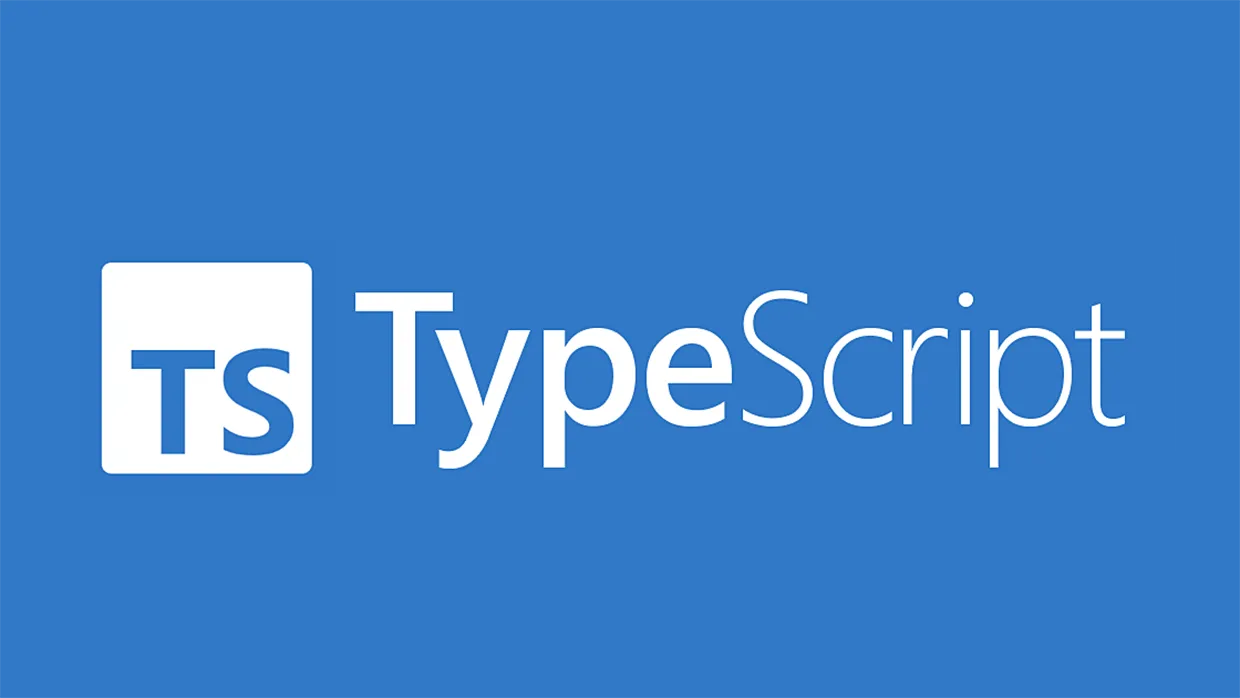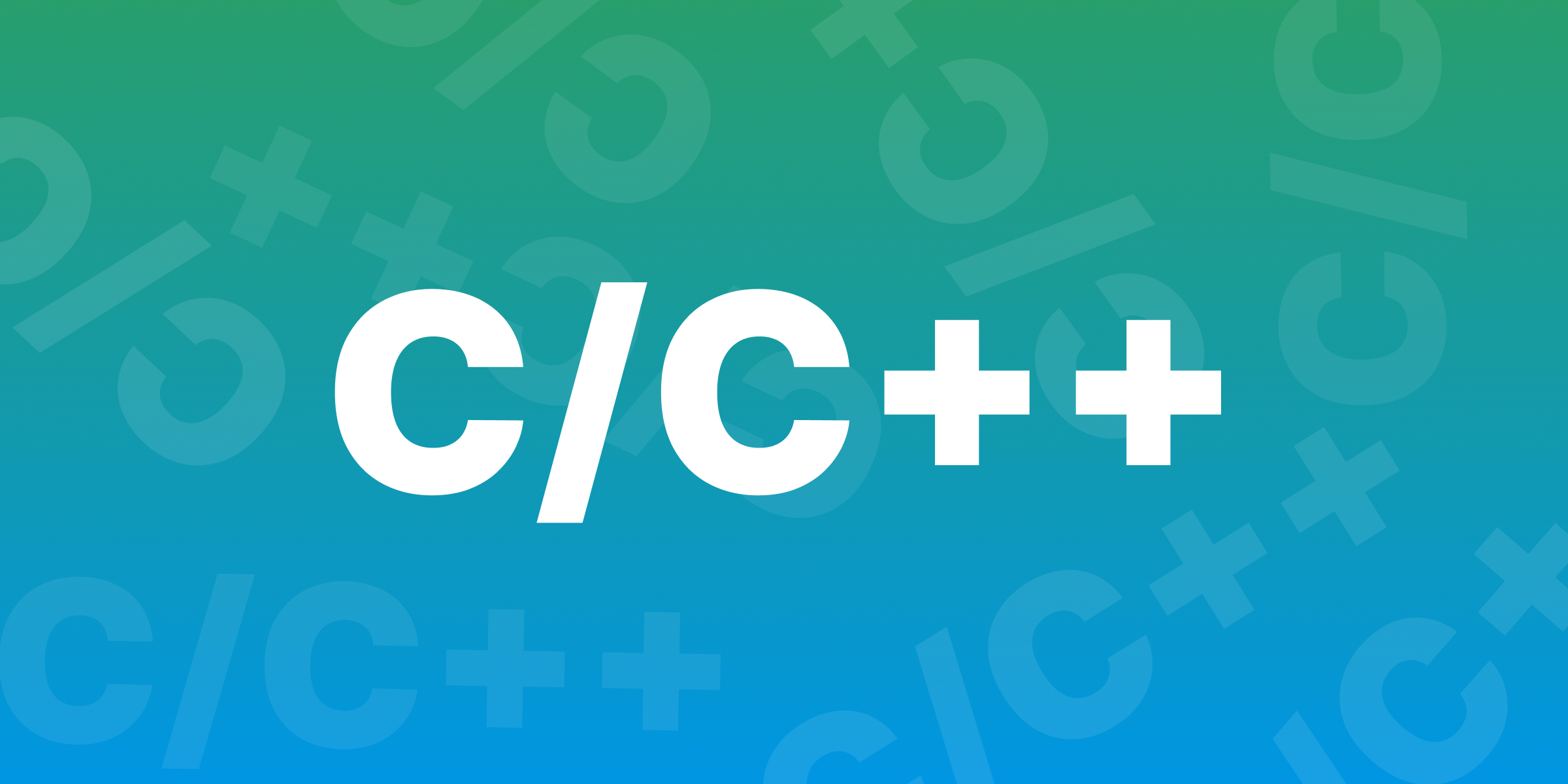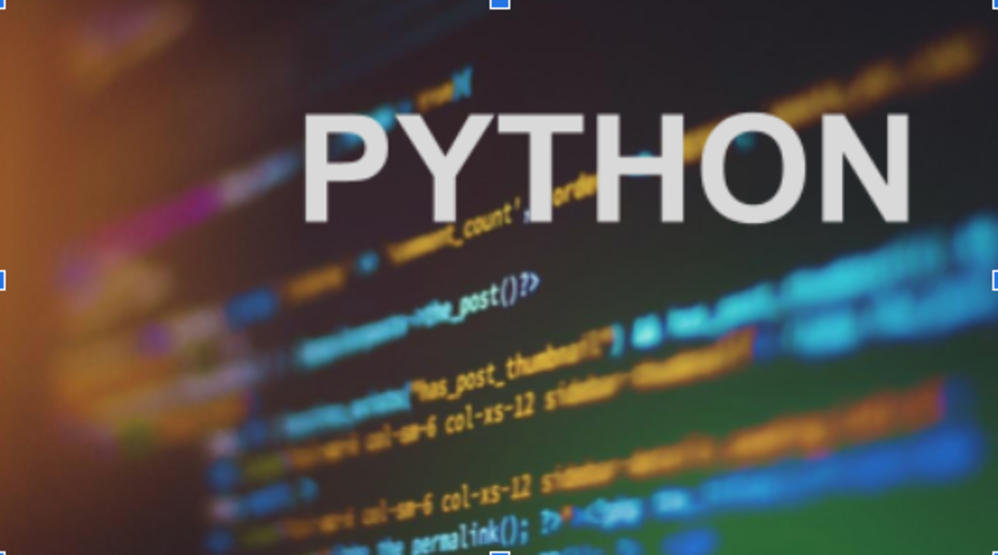Generate Python code quickly with just a few simple steps! Whether you’re a beginner or someone looking to speed up your coding process, learning how to generate Python code can save you lots of time. In this guide, we’ll walk you through the basics, breaking down each step in a way that anyone can understand, even if you’re new to coding.
Generate Python code using different tools, templates, and coding patterns. You don’t need to write everything from scratch every time! We’ll cover some helpful tools and strategies so you can start generating Python code quickly, efficiently, and without stress.
How to Easily Generate Python Code: A Step-by-Step Guide for Beginners What Does It Mean to Generate Python Code?
When we talk about generating Python code, we mean creating code automatically with the help of tools or templates. It’s like having a guide that helps you write code without doing all the hard work yourself. If you follow the steps or use the right tool, you’ll have Python code working quickly.
This approach is constructive for beginners because it reduces the number of errors you make if you write everything by hand. Generating code also saves time and helps you learn by seeing how different code pieces fit together. It’s a smart way to speed up the learning process and make coding fun.
There are many ways to generate Python code, including AI tools, libraries, and code generators. With these, even a simple task can be automated, leaving you to focus on learning and improving your programming skills instead of getting stuck on the basics.

Why You Should Learn to Generate Python Code: Benefits for Beginners
Learning to generate Python code can be a big win for anyone new to programming. First, it helps you get things done faster. You won’t have to spend hours figuring out how to write every line of code yourself. Instead, you can start with pre-written templates or use tools to help you build parts of your project.
Another reason to learn how to generate code is that it’s more enjoyable. If you’re a beginner, coding mistakes can be discouraging. But when you use tools to develop Python code, you’ll see fewer errors and have a clearer idea of how the final result should look. This makes the learning process smoother and more rewarding.
Finally, generating code is excellent because it teaches you patterns. When you see how different pieces of code come together, you start understanding the logic behind coding faster. This gives you more confidence as you move from beginner to advanced levels.
Tools You Can Use to Generate Python Code Automatically
Several tools are available to help you generate Python code quickly. These tools save time by writing parts of the code for you, leaving you to fill in the specifics. Below are some popular tools that are beginner-friendly:
- PyCharm: A powerful Integrated Development Environment (IDE) that can auto-generate code and suggest corrections.
- ChatGPT: You can ask AI models like ChatGPT to help write basic Python code for various tasks.
- Jupyter Notebooks: Great for generating code snippets, especially for data science projects.
Each tool allows you to generate Python code with just a few clicks or commands. They are user-friendly and are designed to help you understand the code as it is generated.
Step-by-Step Guide to Generate Python Code in Minutes
Generating Python code is easier than you think. Here’s a quick step-by-step guide to get you started:
- Choose the right tool: Pick a tool like PyCharm or Jupyter, depending on your project needs.
- Set up your environment: Install Python on your computer and make sure your tool is ready.
- Use templates or examples: Use pre-written templates or code snippets from your tool to kickstart your project.
- Customize the code: Adjust the generated Python code to match your project goals.
- Test and run: Always test your code to ensure everything works correctly.

Common Mistakes to Avoid When You Generate Python Code
Even though generating Python code makes life easier, beginners should avoid some mistakes. First, rely only partially on generated code. It’s essential to understand what the code is doing so that you can fix issues or make improvements later.
Another mistake is ignoring errors. When you generate Python code, always check for errors or bugs. It’s tempting to trust that the code will always work, but it’s good practice to double-check everything.
Lastly, try to communicate things effectively. Stick to simple code, especially when you are a beginner. Generated code can sometimes be too advanced, so review and simplify it if needed.
How to Customize Pre-Generated Python Code for Your Projects
Once you generate Python code, you’ll often need to customize it to fit your needs. Customizing code means editing the parts that must fit your project’sproject’s purpose. Even though the code is already written, you should change variable names, adjust functions, or add new features to make it unique to your task.
To start, look at the code and see if there are any areas where you can simplify things. It’s also a good idea to understand the logic behind each section. If you’re generating code for a web project, you might need to add specific libraries or adjust settings to match the project’s requirements.
In general, always test the code after making changes. This way, you’ll know that your adjustments work well with the generated Python code.
Best Practices to Generate Python Code for Reusable Scripts
Generating Python code that can be reused in different projects is a great way to save time. Reusable scripts are helpful because you won’t have to start from scratch every time. You can generate Python code that serves as a template and tweak it to fit other tasks.
Here are some tips for generating reusable scripts:
- Keep the code simple: Don’t make it too specific to one project.
- Use comments: Add notes to explain what each part of the code does.
- Modularize: Break the code into smaller functions or modules so they can be reused in different projects.
Using AI to Generate Python Code Faster and Smarter
AI has become a powerful tool in programming. You can now use AI-based tools to generate Python code even faster. These tools can write complex scripts and predict what code you need next based on your project goals.
Benefits of AI-Generated Code:
- Saves time: AI tools like ChatGPT can write code in seconds.
- Minimizes errors: AI-generated code often includes fewer mistakes.
- Learns from you: Some AI tools adapt to your coding style over time.
Conclusion
Learning to generate Python code is a great way to make coding more accessible and faster, especially if you’re new to programming. You can create code without getting stuck or making too many mistakes by using helpful tools and following simple steps. This saves time and lets you focus on learning and improving your coding skills. Plus, it’s enjoyable to see code come together so quickly!
Remember, even though tools can help generate Python code, it’s essential to understand how the code works. This way, you can make changes and use the code for your projects. Start small, keep practicing, and soon, you’ll feel confident writing and generating Python code independently!









